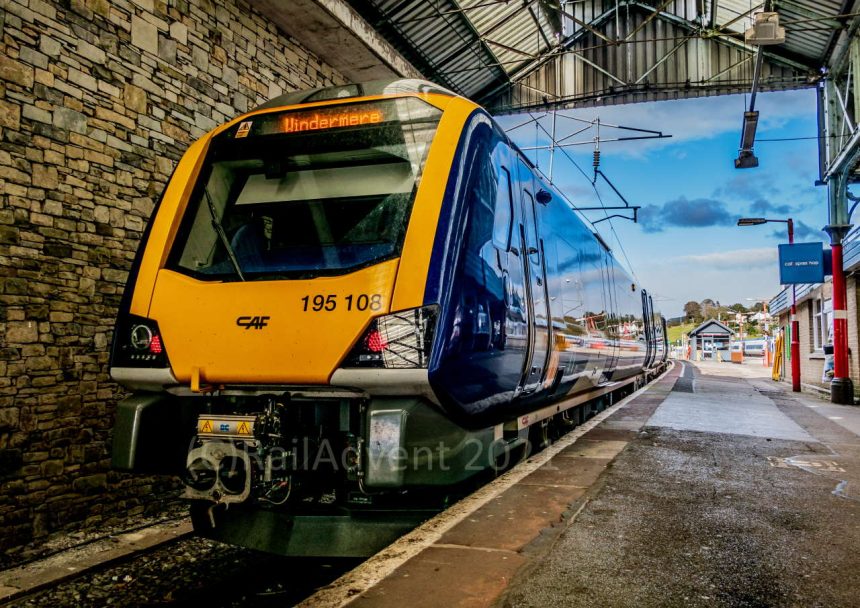March 2022 will see the Government cap annual rail fare increases at 3.8% which is currently less than Retail Price Inflation at 7.1%.
2021 saw the Government increase train fares by Retail Price Inflation (RPI) plus 1% but this year they have opted to put a cap in place below RPI.
Before the pandemic, each January saw train fares increased using a formula established on the RPI rate of the previous July.
The fare increase for 2022 will happen in March and allows passengers extra time to buy cheaper flexible and season tickets ahead of the rise.
With taxpayers already investing more than £14bn to keep services operating through the pandemic, the increase will support some of these costs and help pay for service increases and upgrades on many lines.
The Book with Confidence scheme has been extended in a bid to support people back to the railways and means that until Thursday the 31st of March 2022, customers can alter their travel plans right up to the evening before departure without being charged a fee or cancel their train travel completely and will receive refunds as rail vouchers.
The Government has also revealed that its recent launch of flexible season tickets has seen over 100,000 passengers purchase them, providing those who travel by train regularly with the chance to save hundreds of pounds on their travel costs whilst providing improved flexibility for those who need to travel just a few days a week.
The flexible season ticket forms part of the Government's Plan for Rail reforms and brings better deals for commuters who are finding new ways of working. A large selection of railcards also provide discounted travel for young people, veterans, seniors and more, and offers an affordable way to commute, travel and get around the country.
The Government is also working towards the creation of Great British Railways, which will provide passengers with a single, familiar brand responsible for railways.
Rail Minister Chris Heaton-Harris said: “Capping rail fares in line with inflation while tying it to the July RPI strikes a fair balance, ensuring we can continue to invest records amounts into a more modern, reliable railway, ease the burden on taxpayers and protect passengers from the highest RPI in years.
“Delaying the changes until March 2022 offers people the chance to save money by renewing their fares at last year's price. That includes the 100,000 people who are already making savings with cheaper and more convenient flexible season tickets.
“We're driving ahead with the reforms in our Plan for Rail, creating a more passenger-focused railway that delivers a truly first-class service for everyone.”
Andy Bagnall, Director General of the Rail Delivery Group, said: “The government's decision to hold fares down in line with July's inflation is welcome compared to last years' above-inflation increase and the rate of inflation right now.
“It is important that fares are set at a level that will encourage more people to travel by train in the future, helping to support a clean and fair recovery from the pandemic.
“We know the railway must not take more than its fair share from the taxpayer which is why the rail industry is working to create a financially sustainable and more passenger-focussed service – that will both keep costs down long-term and attract people back to the train.”
